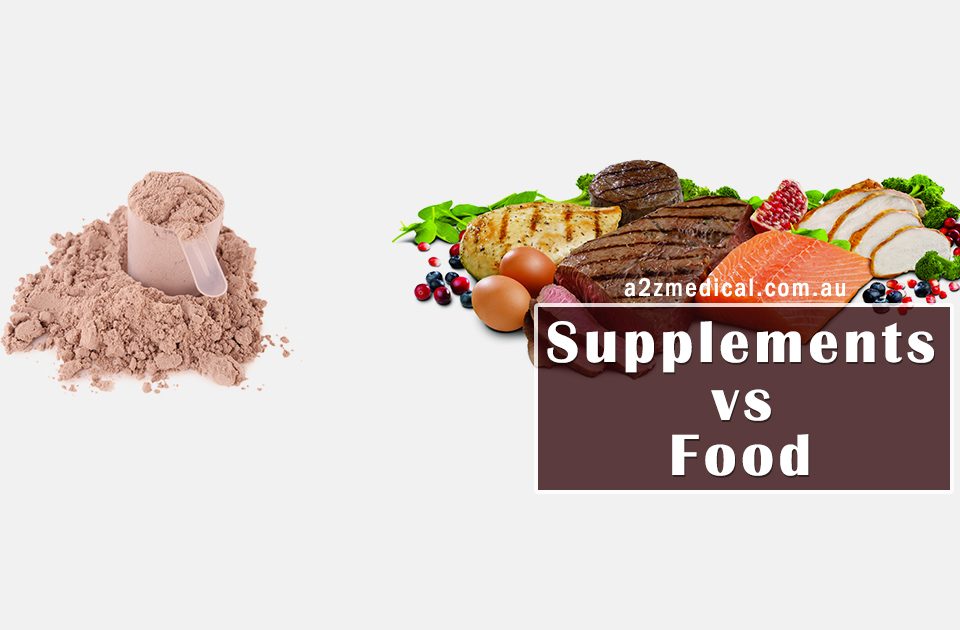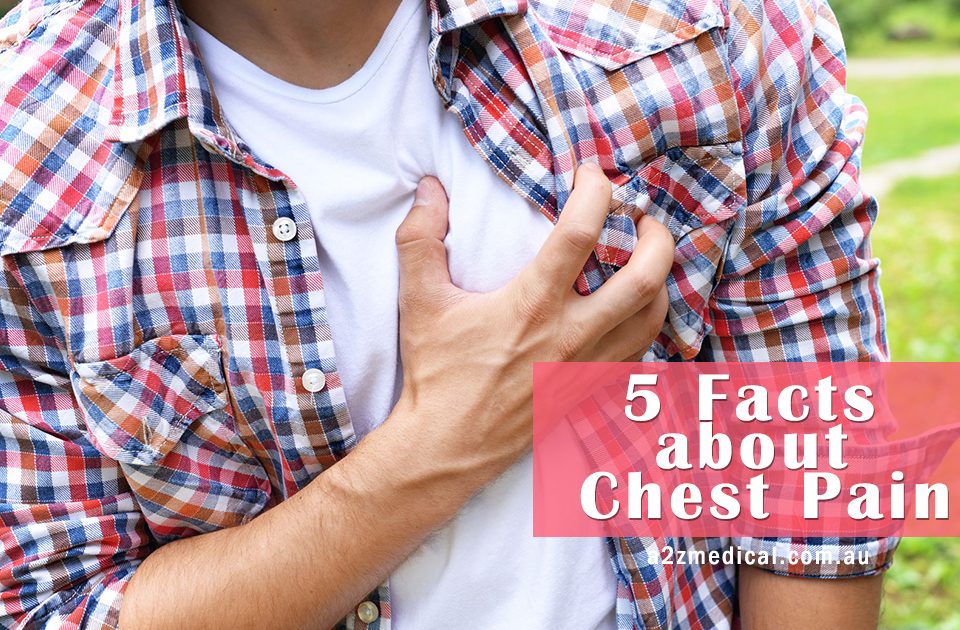Importance of water to Health, Fitness & Weight loss

Mental Health Disorder: 5 Facts about Anxiety
December 14, 2017
Staying Safe in Summer
January 8, 2018Water is an essential part of ensuring that your body is functioning in the way that it should. This is because nearly two thirds of your body is water. In fact, water provides 80% of the volume of your blood, 75% of your muscles, 23% of bones and 74% of your brain. Too little water can leave you thirsty, cause headaches, muscle weakness and fatigue, and dizziness or light-headedness. You can easily see how important it is to drink plenty of water and stay hydrated. Below we’ve listed additional benefits to drinking more water.
Improves your digestion:
Drinking water with meals and snacks helps to move food while also partially digesting the food which eases its path through the body. This means that water helps your body to transport and absorb nutrients while simultaneously helping to avoid constipation. The digestive system depends on a sufficient amount of water present to help with the breakdown of foods as an acidic stomach will respond to hydration. Drinking water keeps the stages of digestion constant.
Improves the Natural Detox Process:
The body works in such a way that it provides its own detox system through the kidneys, the liver and several other organs. The flow of blood and fluid intake is what allows this process to run smoothly. This means that a lack of water can de detrimental to the natural detox process. A good intake of water helps improve the natural detox process by helping the filtering of your blood and organs run smoothly. This is because it helps transport and eliminate toxins and waste from your liver, kidneys, blood and colon. Water is able to aid this process through sweat, urine and stools as well as by clearing the kidneys and ureters, which decrease your risk of infections.
Maintains Your Blood Volume:
Water also affects your blood volume. This is because the kidneys regulate blood volume by adjusting the amount of water and sodium lost through urine. This means that too little water can put your kidneys off balance and cause you to lose blood volume. Inadequate blood volume can lead to low blood pressure, dizziness, decreased circulation and an inadequate supply of oxygenated blood. A loss of blood volume also forces your heart to work harder which leaves you tired and short of breath.
Suppresses Your Appetite:
Drinking water while dieting is a useful tool because it suppresses your appetite. This is because drinking water more often will help you feel fuller. If you feel full, you are less likely to reach for bad foods. Water is an excellent option because it also helps your body metabolise stored body fat without adding any unnecessary calories. Drinking a glass before each meal and with each healthy snack will help you eat fewer calories without feeling hungry while also being good for your body.
Improves Your Muscle Tone:
Since the muscles within the body is made up of 75% water, your water intake can affect the elasticity of the muscles. This means that drinking more water will help maintain your muscle tissue and muscle tone. Water and the electrolytes found in water allow your muscles to contract, while preventing shrinkage and helps prevent the soreness related to exercise.
Water Protects Your Tissues, Spinal Cord, and Joints:
The body uses water as a means of keeping your body moist to ensure it operates smoothly. Keeping your body hydrated helps to retain optimum levels of moisture to keep your tissue and eyes moist as well as your bones, blood and your brain. Water also acts as a lubricant and cushion for your joints as well as spinal cord. This is because in-between your bones, there is a lining known as cartilage which allows your joints to move easily. The cartilage can become dehydrated if you do not consume enough water and cause symptoms such as arthritis.
Water Prevents You from Becoming Dehydrated:
As the body is made up of two-thirds water, engaging in vigorous activity which causes sweat or contracting an illness which causes vomiting or diarrhea can cause your body to become dehydrated. This becomes an issue for the body because it cannot distribute the water needed to ensure that the body is running correctly. Being dehydrated can produce joint pain, stomach pain and ulcers, back pain, dizziness, as well as feelings of disorientation, and confusion. It is easy to become dehydrated because the body has no reserve system and only works on the amount of water made available to it through water consumption. To avoid dehydration and damaging your body, it is important to consume a lot of water.




